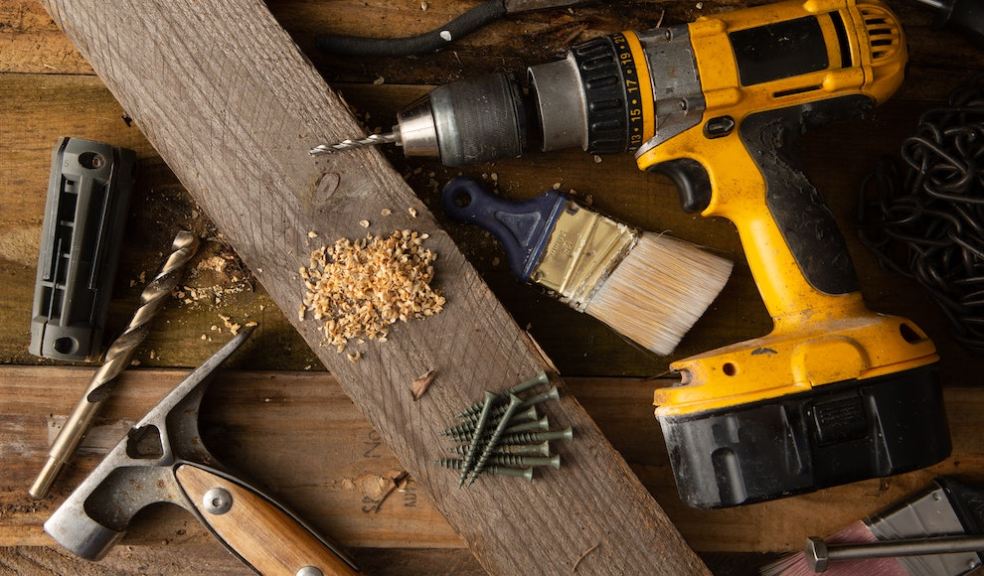
Impact Drills vs. Hammer Drills: Understanding the Differences and their Applications
When it comes to power tools, electric drills are essential for any DIY enthusiast or professional contractor. However, with various types of drills available in the market, it can be challenging to determine which one is best suited for your specific needs. Two popular options that often cause confusion are impact drills and hammer drills. Understanding the differences between these two tools and their respective applications is crucial for making an informed decision.
In this article, we will delve into the features and uses of impact drills and hammer drills, helping you choose the perfect tool for your projects.
1. Impact Drills: Power and Versatility Combined
An impact drill is a versatile tool that combines rotary drilling with high-frequency impact blows, making it suitable for a wide range of applications. These drills are designed to provide more power, allowing you to effortlessly drill into hard materials such as concrete, brick, or stone. With their high torque and variable speed settings, impact drills are ideal for heavy-duty tasks that require fast drilling and driving, such as installing deck screws or drilling large holes.
2. Hammer Drills: Conquering Tough Surfaces
Hammer drills, on the other hand, are specifically engineered for drilling into solid and tough materials. These drills feature a pulsating hammering action that helps break through hard surfaces like concrete or masonry. Hammer drills are perfect for tasks like drilling anchor holes, installing electrical outlets, or setting up plumbing fixtures. Their ability to provide a rapid succession of impacts enables them to effortlessly penetrate hard surfaces, making them indispensable for construction and renovation projects.
3. The Differences: Impact vs. Hammer
While both impact drills and hammer drills can handle demanding drilling tasks, they differ in their primary functions. Impact drills excel in versatility, offering the power of impact blows along with rotary drilling, whereas hammer drills focus on breaking through tough surfaces with their hammering action. Impact drills are more suitable for general drilling and driving applications, while hammer drills are specifically designed for masonry and concrete work.
4. Choosing the Right Drill for Your Needs
When it comes to the selection of electric drills, it's essential to consider your specific requirements. If you often work with materials like wood, metal, or plastic and need a tool that can handle different tasks, an impact drill is the way to go. Its versatility and power make it a reliable choice for a wide range of projects. On the other hand, if your work primarily revolves around concrete, masonry, or similar tough surfaces, a hammer drill will provide the necessary force to get the job done efficiently.
In conclusion, understanding the differences between impact drills and hammer drills is crucial for selecting the right tool for your projects. Whether you need versatility and power for various drilling and driving tasks or the ability to conquer tough surfaces with ease, there is an electric drill tailored to meet your specific needs. Choose wisely, and let your selected drill become an indispensable companion in your DIY endeavours or professional ventures.
Finding the Perfect Fit
When it comes to selecting electric drills, making the right choice can significantly impact the success of your projects. Whether you require the versatility of an impact drill or the power of a hammer drill, understanding their differences and applications is crucial. At [Your Company Name], we offer a wide range of high-quality electric drills that cater to various needs. Explore our selection today and equip yourself with the perfect tool to tackle any task with confidence and efficiency.













